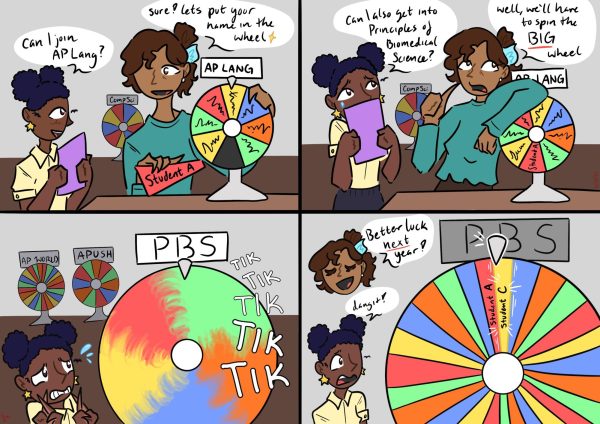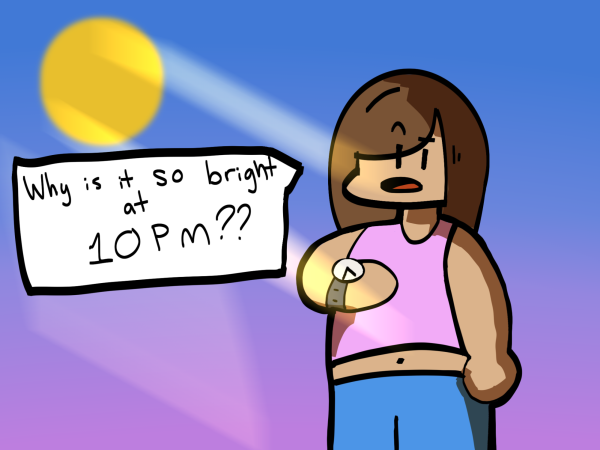Companies ruin public relations
Everybody makes mistakes. But unfortunately for businesses, a mistake could mean their immediate downfall.
Recently, Pepsi and United Airlines faced the challenge of overcoming negative publicity. Their responses were less than satisfactory in the public’s eye.
On April 5, Pepsi uploaded a commercial to their YouTube channel that depicted a group of young, smiling protesters holding nonspecific signs, clapping, hugging, and high-fiving.
Kendall Jenner, who is shown in the middle of a photo shoot, stops and joins the group of protesters.
She proceeds to hand a Pepsi to a police officer. The Pepsi appears to stop the police officers from holding back the protest.
According to nytimes.com, “The image of Ms. Jenner approaching a line of police officers was compared to a widely shared photo of Ieshia Evans, a black woman who stood firm while being charged by riot police during a protest against police brutality in Baton Rouge, LA., in July.”
Pepsi’s attempt to depict stopping police forces was inconsiderate because other individuals have actually done this in the past in real protests.
Jenner is nothing more than an actress in a two minute commercial.
According to people.com, Pepsi initially released a statement defending the add the read: “This is a global ad that reflects people from different walks of life coming together in a spirit of harmony, and we think that’s an important message to convey.”
Later, they apologized for the distasteful advertising and removed it from YouTube.
Whether Pepsi truly was trying to project a global message of unity, peace and understanding, as their Twitter statement said, or if they were simply trying to profit off of this serious issue, they drove themselves into thousands of angry responses.
When social media’s focus changed from angry Pepsi posts back to their regular cat videos and dancing gifs, another company was pushed into the public’s spotlight.
On April 9, a 33-second video of a passenger being dragged down an aisle of a United Airlines’ plane went viral.
A video recorded in the middle of an event taking place does not hold the same authenticity as a two minute edited and published advertisement.
But these 33-seconds were enough to stir the angry mobs up again.
Although the people who dragged the man off the plane were clearly Chicago police officers, we live in a society where tunnel vision is a popular way of looking at news.
For this reason, inaccurate news articles, Facebook posts, and tweets spread like wildfire directly at United Airlines.
Whether he thought the outrage was directed appropriately or not, CEO Oscar Munoz spoke out rather quickly.
“Like you, I continue to be disturbed by what happened on this flight and I deeply apologize to the customer forcibly removed and to all the customers aboard. No one should ever be mistreated this way,” said Munoz, according to united.com.
Even though Munoz’s response seemed more authentic than a few sentences posted on Twitter, the company still faced a number of negative reactions, all of which seemed justified.
Their market value dropped, people deleted the United mobile app off of their phones, and others just followed the herd and posted negative responses on social media.
In the public’s eye, United Airlines failed to own up to their mistake of putting flight attendents on an already booked flight, which caused the incident with Chicago police.
Both these companies missed the mark on what a public relations agency is supposed to do, and as a result, they suffered severe consequences.

